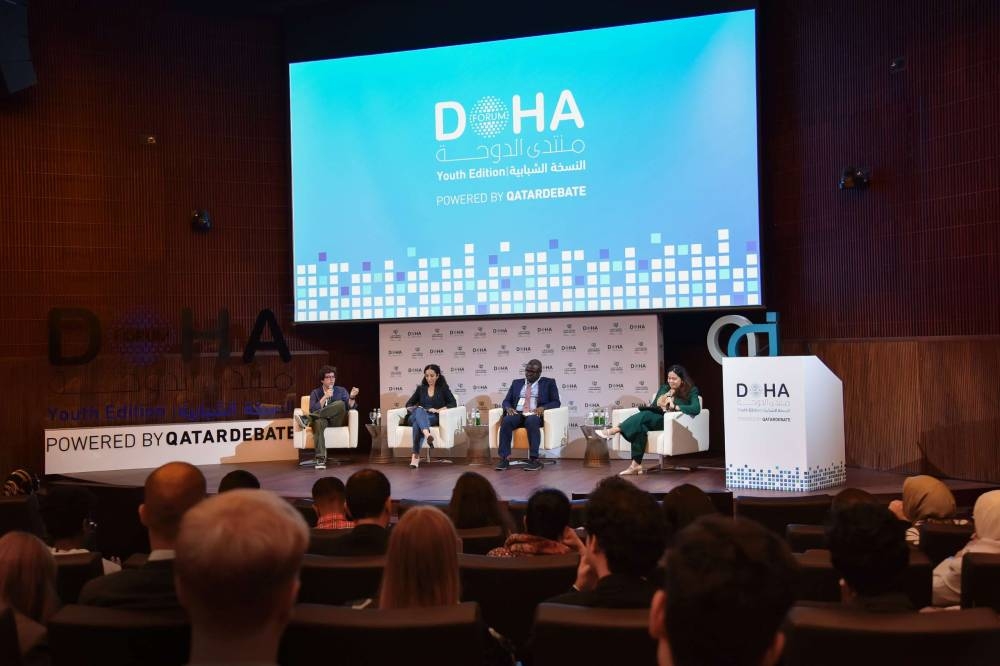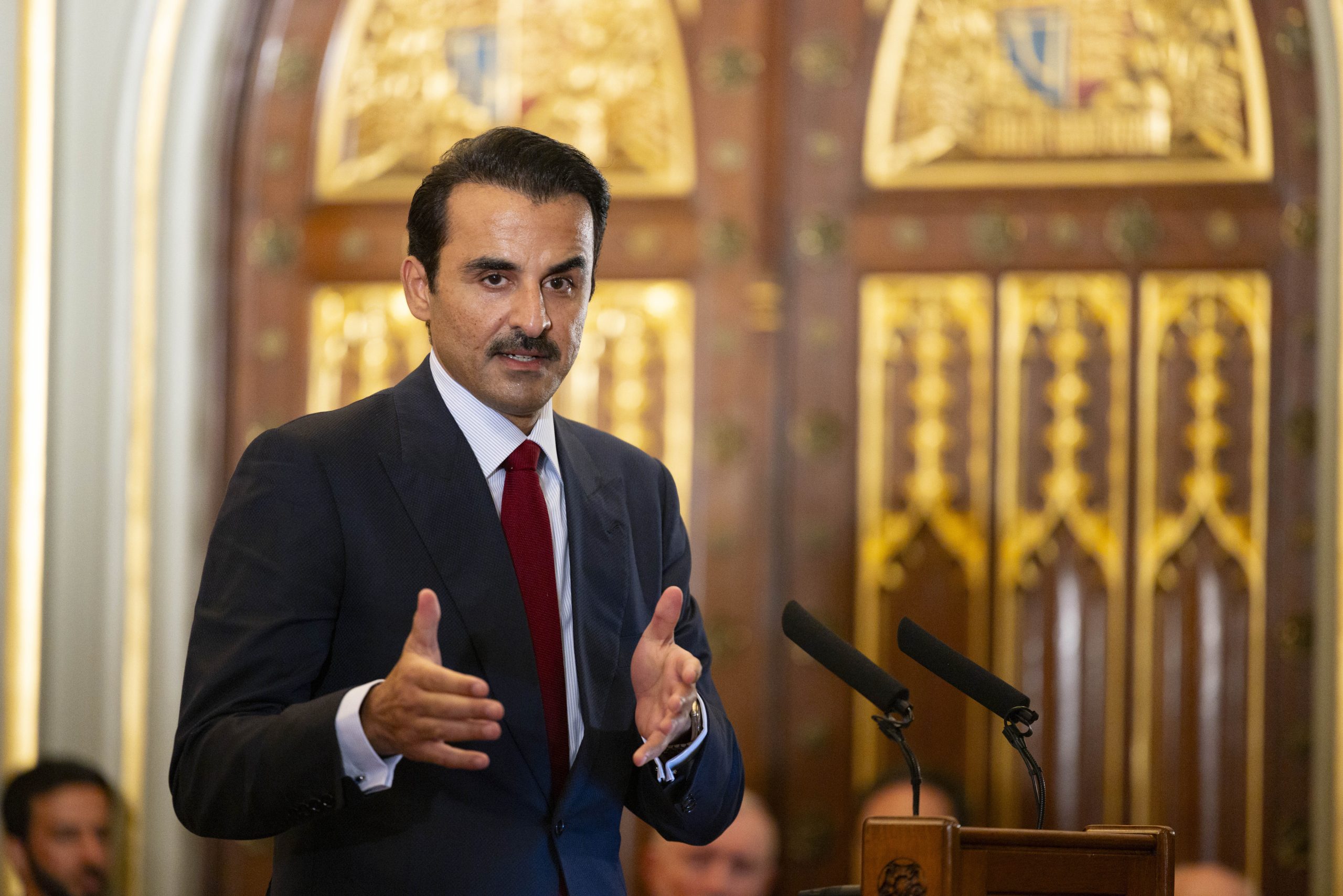
Despite state-backed efforts, there is little evidence that knowledge-based industries have taken hold in Qatar amid a surging construction sector, according to a newly released government report.
Knowledge-based businesses are generally those in the high-tech, creative and other sectors that are dependent on intellectual capital and require well-educated and highly motivated people.
It’s a sought-after sector by governments around the world because it employs highly-paid professionals and generates wealth through exports.
Qatar’s economy is largely dependent on oil and gas – non-renewable resources that will eventually run out.
Government officials are attempting to diversify into several areas by funding entrepreneurship programs, creating space for high-tech firms in the Qatar Science & Technology Park and churning out graduates from universities within Qatar Foundation’s Education City.
However, the proportion of highly skilled workers within the country’s population actually declined between 2008 and 2012, according to the Ministry of Development Planning and Statistics (MDPS).
While the breakdown and growth of each sector is not known, young entrepreneurs have previously complained that onerous regulations make starting a business in Qatar difficult.
Meanwhile, the International Monetary Fund (IMF) has previously warned that the negative media attention surrounding the country’s human rights record may be making it more difficult for local employers to attract expats.
Unskilled and semi-skilled workers now account for 70 percent of the employed workforce as mega-projects such as the Doha Metro, Lusail and Msheireb Downtown Doha development pick up pace.
Economic outlook
Construction, real estate and financial services are expected to drive Qatar’s economic growth this year as oil production declines and natural gas extraction levels remain unchanged.
The country’s economy is expected to expand 6.3 percent in 2014, down from 6.5 percent last year, according to the ministry. Despite the small decrease, that pace of growth is still more than three times what the IMF forecasts for the US and nearly two percentage points higher than the fund’s outlook for the UAE.
Next year, Qatar’s economic expansion is expected to accelerate again with the opening of the new Barzan gas plant, which is expected to help push gross domestic product (GDP) up 7.8 percent next year.
Inflation, meanwhile, is expected to remain modest with consumer prices increasing 3 percent in 2014, down from an increase of 3.1 percent last year, driven by higher housing, entertainment and recreation costs.
The government’s figures are slightly rosier than the consensus estimates of private-sector economists, who predict marginally lower economic growth (5.9 percent) and moderately higher inflation (3.7 percent).
Spending drops
Amid a pledge from Qatar’s new Emir to reduce inefficiencies, government expenditures declined 1 percent last year. It’s the first time in at least five years that spending has declined and follows a 15.1 percent rise in expenditures in 2012-13.
Last year’s decrease came despite an increase in capital spending and a 14.6 percent increase in government wages and salaries.
The report attributed the savings to a restructuring of several government ministries as well as lower interest payments on government debt. Nevertheless, government expenditures in 2013-14 were 11 percent higher than budgeted, largely due to unplanned foreign grants to governments and other organizations.
While the report does not provide any specifics, Qatar frequently uses its wealth to bolster the finances of its regional neighbors, such as a $150 million grant given to the Palestinian Authority in late 2013.
The ministry’s report does not explicitly state the size of the government’s fiscal surplus, it pegs it at 12.6 percent of nominal GDP, which works out to US$25.52 billion.
This is in part because the government assumes oil will sell for $65 a barrel in its budget, even though the actual price hovers around $100. Furthermore, this year’s books were boosted by an accounting change that now combines Qatar Petroleum’s surplus with the government’s general finances.
Thoughts?







